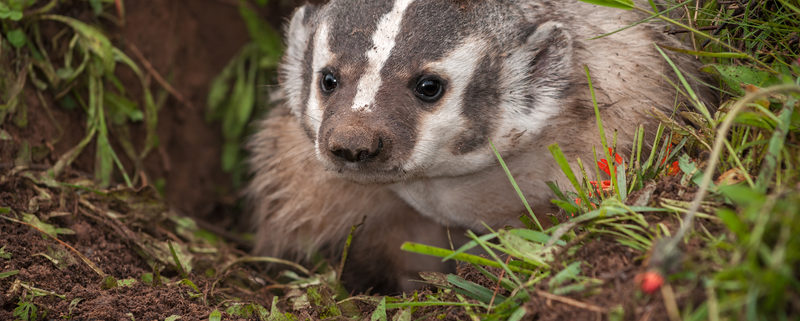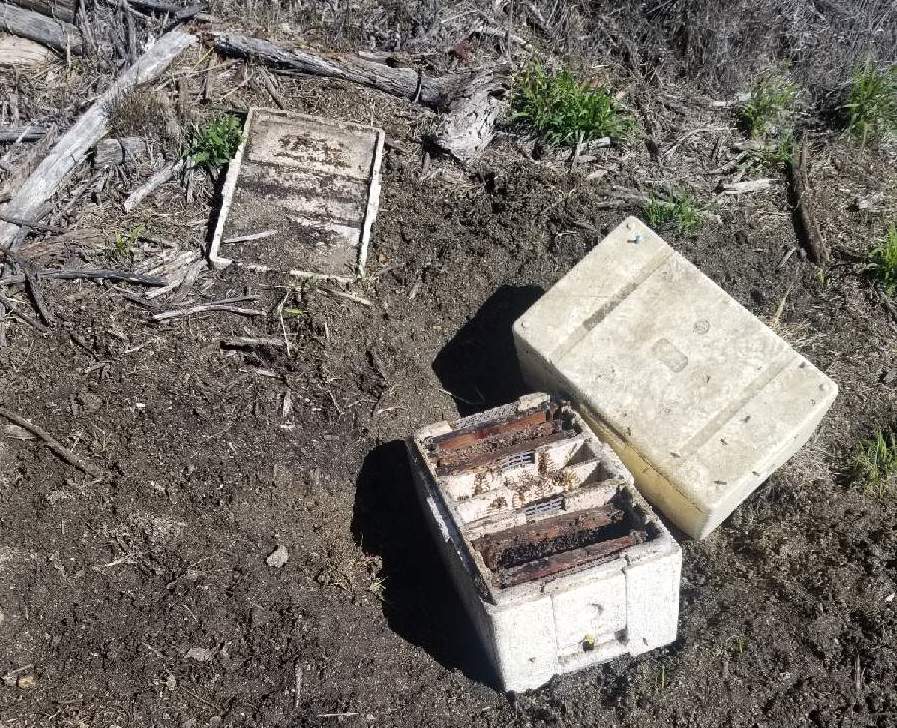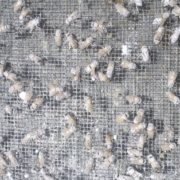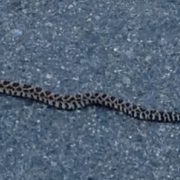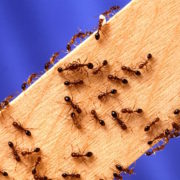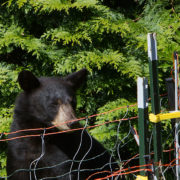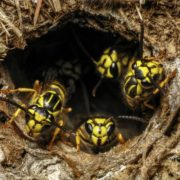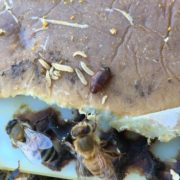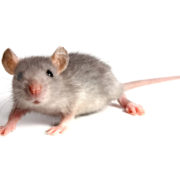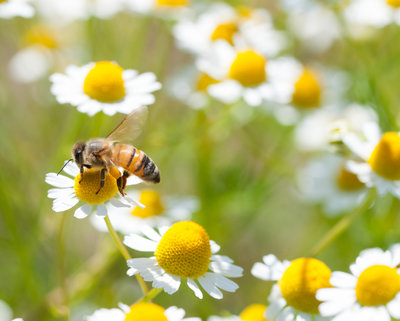Quit Badgering Our Bees!
Badgers and Honeybees
At Wildflower Meadows, we are fortunate that we do not experience many predators of our beehives. Bears do not roam in our part of California. Our worst nuisances are usually ants, which harass weak colonies. Varroa mites are not much of an issue for us either due to the strong VSH trait in our bees. Occasionally we sometimes find roadrunners hanging around the entrances of our colonies, picking off bees as they come in and out of the entrances, but otherwise they too are harmless. Compared to other beekeepers, in general, we do not have much to worry about in the way of predators.
This week, however, we were surprised to find one of our queen bee mating yards in disarray.
When our crew arrived for routine feeding they immediately saw that several of our mating nucs had been tossed about like they were Frisbees. Lids and frames were torn off, and the mini mating frames were completely ripped out of the hives. The bees were gone, either having been eaten or absconded. It was obviously the work of a strong animal with a taste for bees and honeycomb.
After a little investigative work, it wasn’t hard to come to the conclusion that a hungry badger had attacked our colonies! The footprints and size of the claw marks on the boxes were a give-away. We noticed that dirt had been sprayed around the destroyed boxes, offering a clue that a ground animal was involved. Finally, a phone call to the land manager revealed that badgers had been spotted in the area.
The American Badger is commonly found in the rural areas of Southern California, particularly near water sources. They are nocturnal and carnivorous with a taste for bees and honey. Although this sounds completely bad from a beekeeper’s point of view, they do provide benefits to the ecosystem around an apiary. First, along with the roadrunners, they eat rattlesnakes! We can’t complain about that. And, since they are ground animals, badgers also dig up wasp nests, which provides a natural control on another bee predator.
Nevertheless, with this attack we are facing a real problem. The only natural deterrent we have are the bees themselves. Our bees are known to be gentle, but in this case they really need to stop being such little angels! If they can’t sting the badger enough to deter it, and the badger returns for another feast, we are going to have to get involved and help our bees. Our first step will be to erect fencing around the apiary. Hopefully, we will not have to electrify it. But, we beekeepers well know that when it comes to both bears and hungry humans, once something (or someone) gets a taste for fresh honey, it is hard to break the habit!

